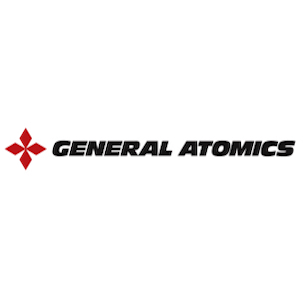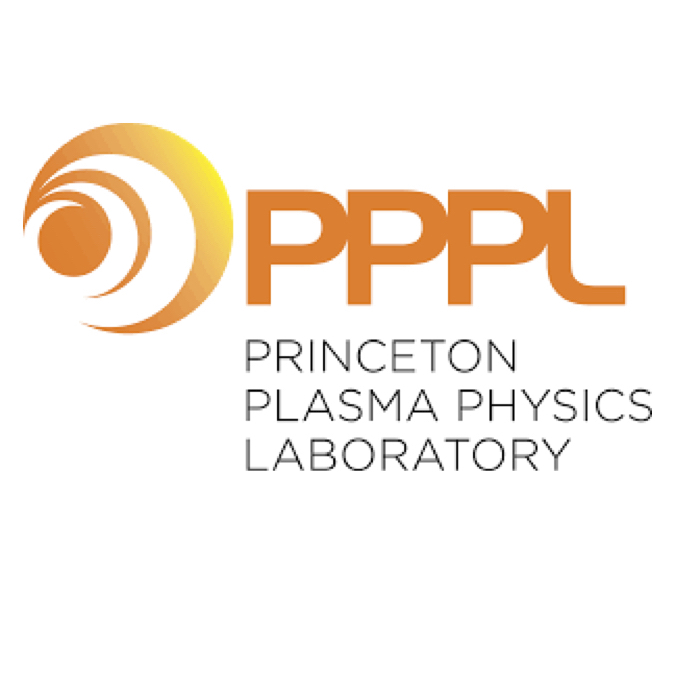COTSIM-based Optimization of Transport Diffusivity Models for Enhanced Predictive COTSIM Simulations of NSTX-U Discharges
H. Al Khawaldeh, A. Pajares, T. Rafiq, E. Schuster
Division of Plasma Physics (DPP) Annual Meeting of the American Physical Society (APS)
Pittsburgh, PA, USA (Remote), November 8-12, 2021
An optimizer has been developed to adjust the set of coefficients
associated with parameterized analytical transport models such as
Bohm/Gyro-Bohm and Coppi-Tang to better represent specific NSTX-U
scenarios. The parameterized transport models in the Control Oriented
Transport SIMulator (COTSIM) are tuned by the optimizer in order to
minimize a user-defined cost function measuring the mismatch between
experimental and COTSIM-predicted plasma states based on the associated
experimental inputs (total plasma current, line-average density,
heating and current-drive powers, etc.). For instance, the cost function
could be the integral over space of the squared difference between
experimental and predicted representative plasma profiles such as the
safety factor, the electron temperature, and the angular momentum. This
integral could be evaluated at a specific time, at a set of predefined
times, or over a time interval. Constraints on the possible range of
the transport coefficients are imposed during the optimization. The
resulting Nonlinear Programming problem is solved by using Sequential
Quadratic Programming (SQP), which is predicated on determining a local
minimizer of the original nonlinear program by iteratively solving a
sequence of approximated Quadratic Programing problems.
*Supported by the US DOE under DE-SC0021385.







